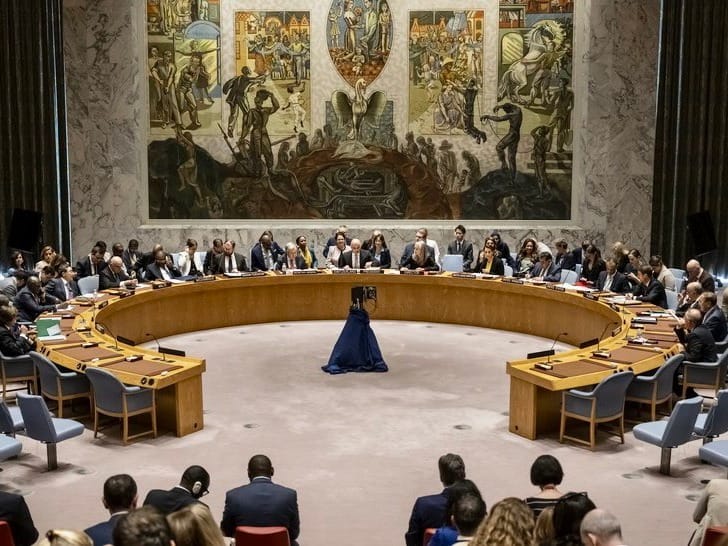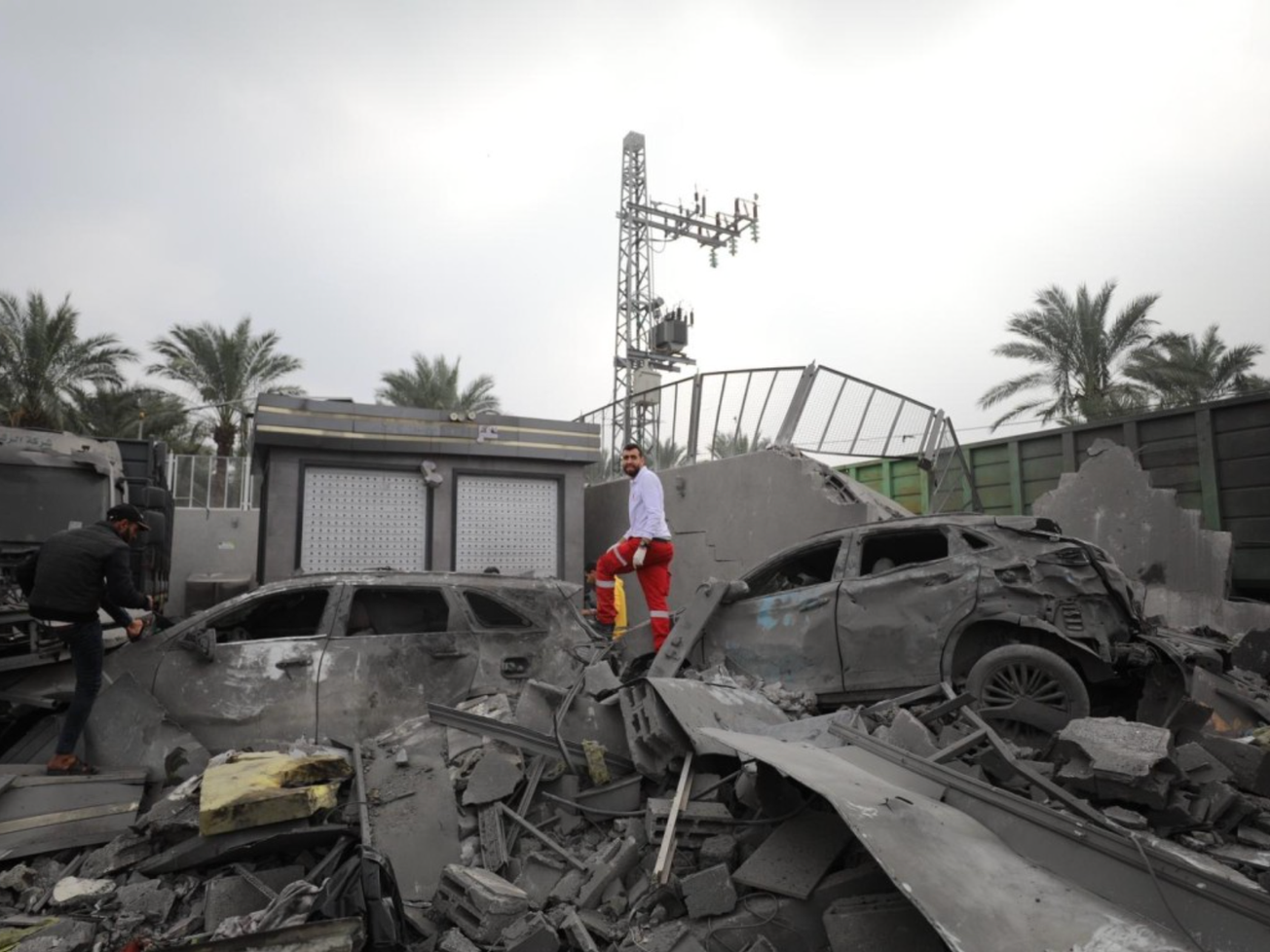A new U.N. report shows a 53% year-to-year increase in recorded civilian deaths during armed conflicts. And when explosive weapons went off in populated areas, 94% of the victims were civilians – not other combatants.
"With over 100 armed conflicts worldwide and an average conflict duration of more than 30 years, civilians have continued to endure profound and lasting hardship," United Nations Secretary-General António Guterres' report to the U.N. Security Council says.









